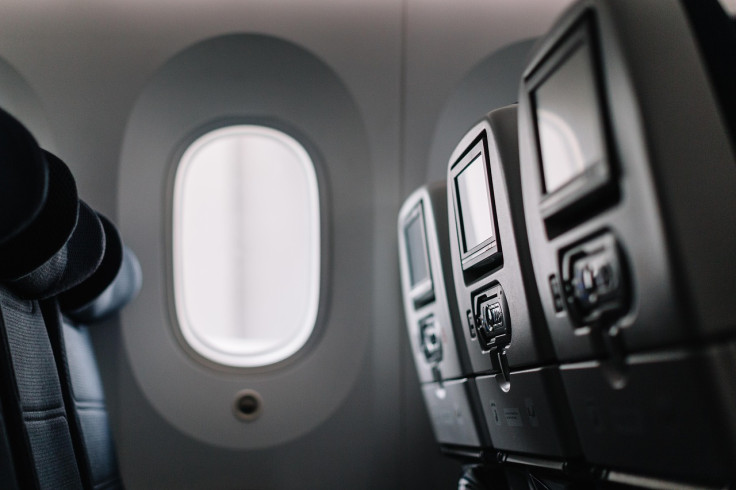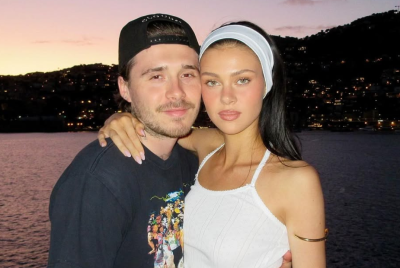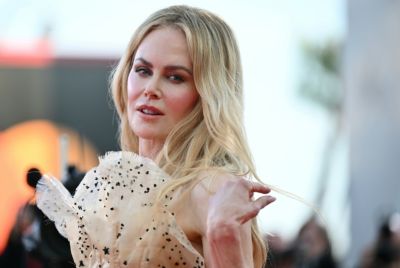Is Masterchef Australia Doha Scripted? Fans Call Out This Telling Scene On Social Media
Debate Over Whether The International Trip Scene In MasterChef Australia Is Genuine Or Carefully Scripted

A recent scene in MasterChef Australia has sparked heated debate among viewers, who claim it was clearly staged. The controversy revolves around a segment set in Doha, Qatar, that many believe was heavily scripted and overly commercialised.
As fans scrutinise the episode, questions arise over the authenticity of the show's portrayal of its international trip.
The Scene That Raised Eyebrows
In Monday night's episode, four contestants — Laura Sharrad, Jamie Fleming, Sarah Todd, and Ben Macdonald — were shown settling into their business class seats on a Qatar Airways flight seemingly bound for Doha for International Week. The segment, lasting nearly three minutes, included detailed shots of in-flight service, meal offerings, and scenic views of Qatar's landscape. Many viewers found this part of the programme hard to watch, citing it as excessive product placement.
@masterchefau Eyes on the horizon adventurers! 🌟 #MasterChefAU International Week | Starts 7.00 Tonight on @channel10_au | Watch + Stream Free
♬ original sound - MasterChef Australia - MasterChef Australia
One viewer on Facebook criticised the scene, stating that it seemed 'obviously staged'. They argued that there was no one else visible on the plane and that the environment didn't resemble a real flight. 'It wasn't flying; they just had to act like it was all the inflight service,' they said. Other fans echoed these sentiments, commenting that the reactions of the contestants appeared forced, as if they were reading from a script.
Why Fans Think It's Fake
The main point of contention is whether the scene was genuinely filmed during an actual flight or if it was a staged set. Many argue that the closed windows seen in the shots suggest it was filmed beforehand. Some fans, however, defended the production, noting that sponsors like Qatar Airways often require promotional scenes to be shot in controlled environments for quality reasons.
Supporters also pointed out that the show's sponsors, including Qatar Airways, are given significant airtime, which is common in programmes with hefty production costs. They acknowledge that sponsorship is necessary but feel the extent of the product placement has crossed a line, especially when it seems to distort the programme's authenticity.
The Cost of Production and Sponsorship
MasterChef Australia is among the most expensive TV shows in the country, costing Channel 10 approximately £22.5 million (around $29.7 million) for a single season of 50 episodes. This translates to roughly £450,000 (about $592,000) per episode. To support such a significant investment, the network relies heavily on sponsorship deals.
In 2023, reports indicated that Channel 10 earned around £38 million (approximately $50 million) annually from commercial partnerships. The show's main sponsors include Coles and Harvey Norman, whose branding appears regularly. The Qatar Airways scenes are part of a broader strategy to secure international sponsorship, though critics feel this has led to scenes that prioritise marketing over genuine storytelling.
Is the Show Scripted?
Officially, MasterChef Australia is not scripted, with producers emphasising that contestants' reactions are genuine. However, the scenes involving Qatar Airways have led many to believe that certain parts of the programme are staged or heavily directed. While the contestants' culinary skills and decision-making are real, the promotional scenes tend to be carefully planned, often with controlled environments and carefully timed filming.
Fans' suspicions grew after spotting inconsistencies, like the absence of other passengers on the plane and the apparent pre-filming of scenic shots. These details suggest that elements of the trip were filmed in a studio or controlled setting rather than mid-air.
Whether this diminishes the programme's appeal or is simply part of modern TV production remains a matter of opinion.
What's clear is that fans are increasingly aware of how sponsorship influences their favourite shows. As long as the programme continues to bring high production costs, expect promotional scenes to remain a contentious point for viewers concerned about authenticity in reality TV.
© Copyright IBTimes 2025. All rights reserved.





















